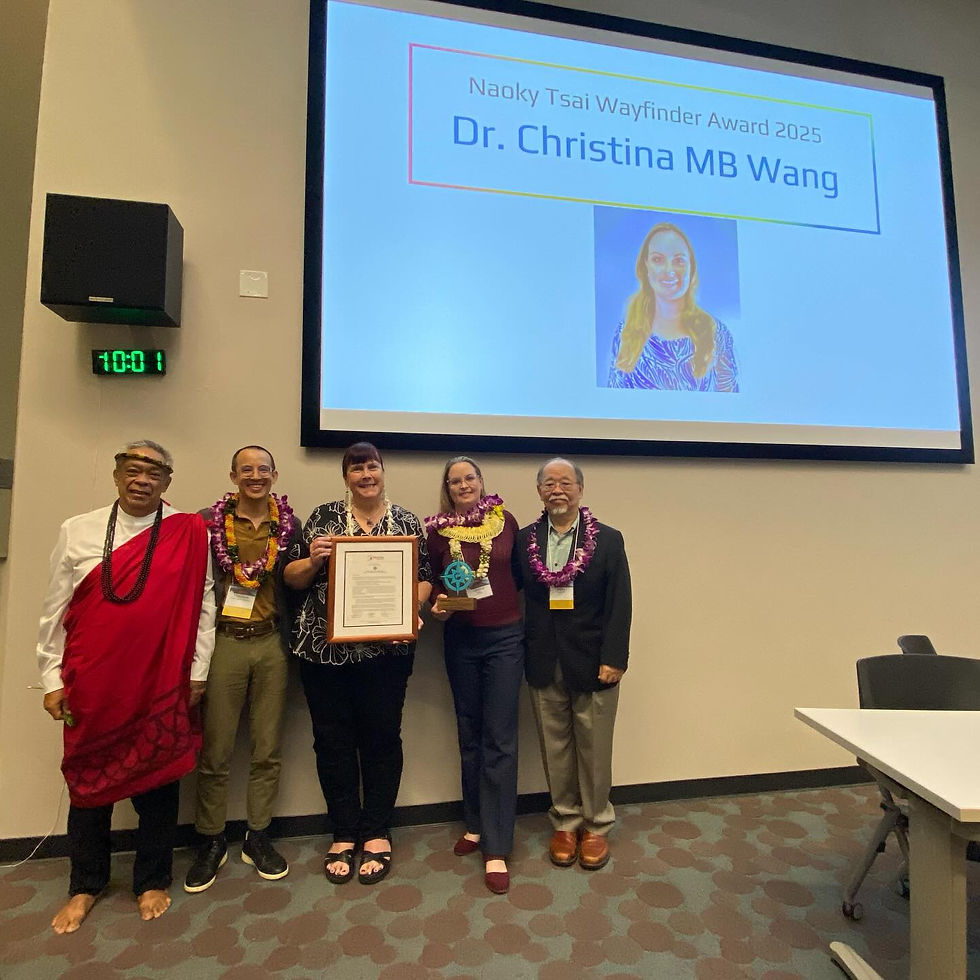Save the Date: Overdose Awareness Day (8/31)
- hnakao6
- Aug 4, 2023
- 2 min read

HHHRC, partnered organizations, and community members will mark International Overdose Awareness Day at the state capitol on August 31 starting at 3:30 PM with sign waving on Beretania Street. A rally will be held from 4:30 – 5:30 PM, with speakers and programming yet to be determined.
Our community gathering will be one of many across the United States and the globe. The day began in Australia in 2001 to help raise awareness of drug overdoses and to reduce the stigma of drug-related deaths by openly acknowledging the grief felt by many families and friends of those who have passed.
“International Overdose Awareness Day is a time to reflect upon those people who have lost their lives to overdose. The day is also a call to action. Overdose deaths are preventable deaths, and Hawaiʻi must continue to strengthen its public health efforts to reduce harm and fight stigma. It is also a reminder that the continued criminalization of substance use disorder, mental health problems, and poverty exacerbate the harm experienced by those from vulnerable communities,” said HHHRC Executive Director Heather Lusk.
Lusk was recently invited to deliver remarks at the signing ceremony of Bill 28 at Hula’s Bar & Lei Stand. Introduced by Councilmember Tyler Dos Santos-Tam, the bill, which requires bars and restaurants serving alcohol to have nasal naloxone (Narcan) on hand, is the first of its kind in the nation.
HHHRC Development & Marketing Director Andrew Ogata recently accompanied Councilmember Dos Santos-Tam in downtown Honolulu to provide bars and restaurants with overdose prevention kits, with a story appearing on Hawaii News Now that evening.
Last month Gov. Josh Green signed SB 671 into law, which exempts fentanyl test strips from the state’s drug paraphernalia law. Advocates hope the statute will be amended next session to include all drug-checking equipment, including reagents and spectrometers. Rep. David Tarnas, Chair of the House Judiciary Committee, introduced a bill last year to repeal the state’s drug paraphernalia law entirely.
HHHRC continues to provide overdose prevention training online and distributes nasal naloxone to Hawaiʻi residents upon request.










Comments